The future will witness a gradual shift in which computational models will play a progressively larger role in identifying new materials for specific purposes.


The future will witness a gradual shift in which computational models will play a progressively larger role in identifying new materials for specific purposes.
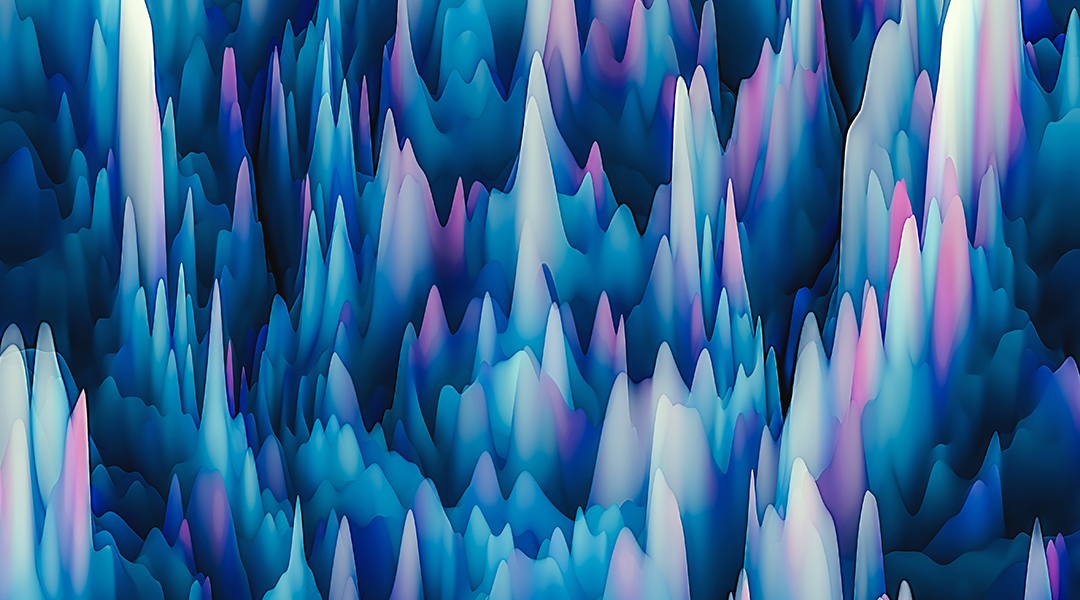
An exciting and exotic approach to minimizing error in quantum computation re-purposes a known code to achieve what many researchers thought was impossible.
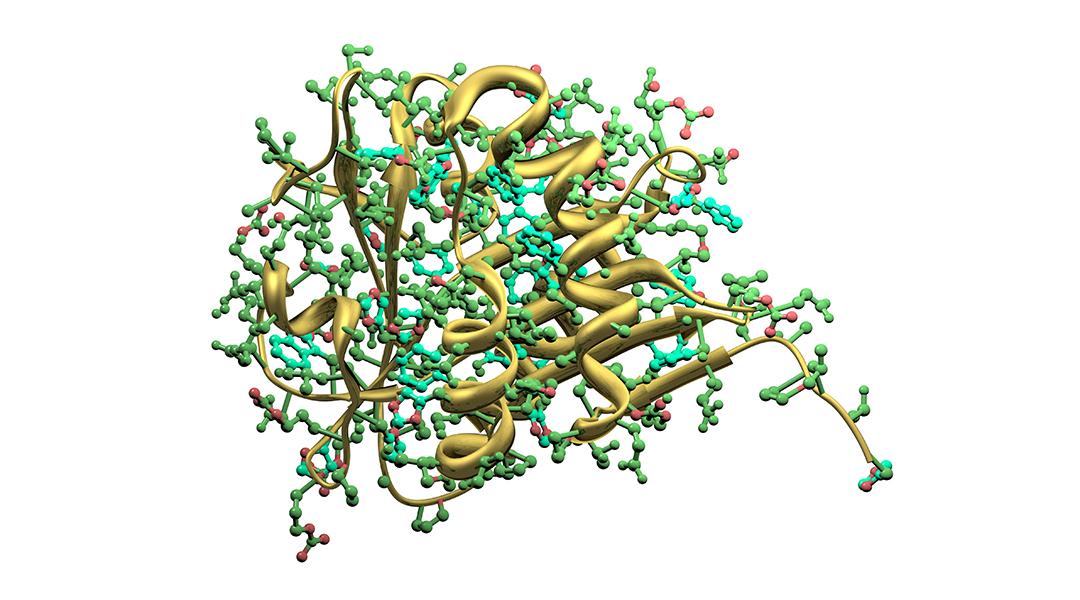
Artificial enzymes promise to not only help us understand the complex functioning of enzymes, but will create a new generation of biosystems for sustainable chemistry practices.
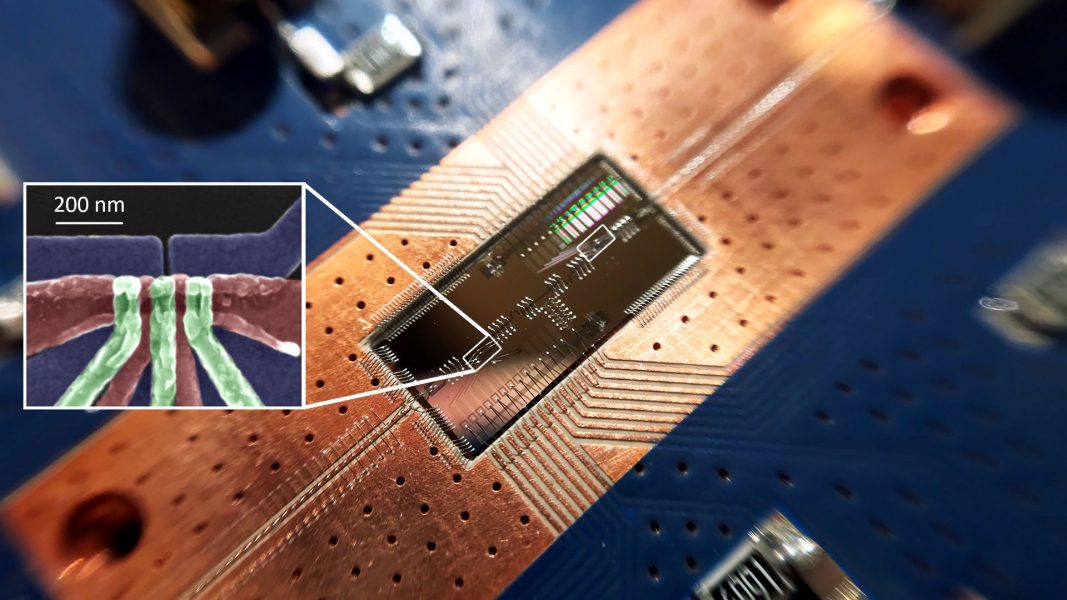
Princeton scientists demonstrate that two silicon quantum bits can communicate across relatively long distances in a turning point for the technology.
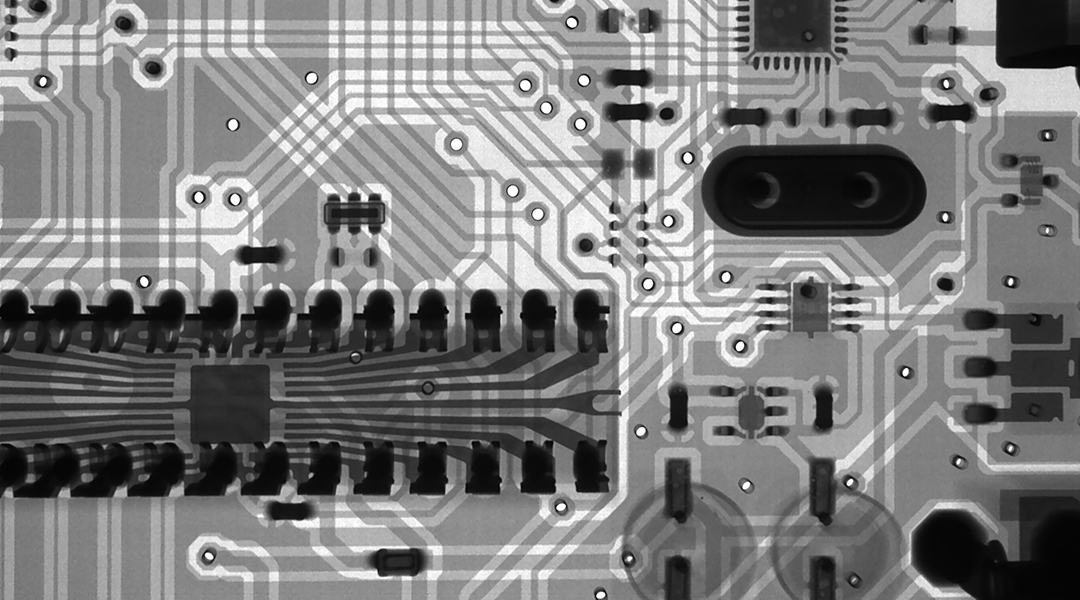
A quantum autoencoder via approximate quantum adders in the Rigetti cloud quantum computer is carried out employing up to three qubits.

Bringing together leading quantum researchers to pave the way towards quantum-enabled devices in the near future.

Computer simulations provide valuable and often critical insight into the structure and properties of materials and molecules.
The field of quantum simulations leads to the exciting adventure of describing and understanding the quantum world better than ever.
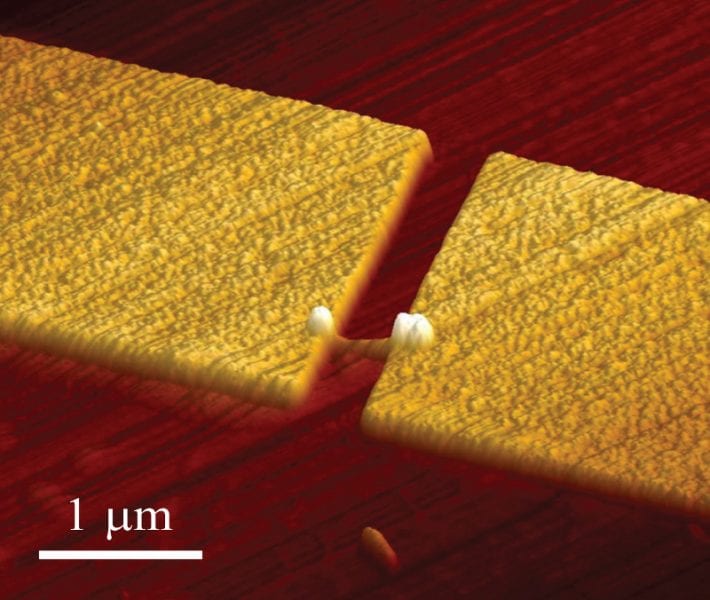
Researchers have demonstrated a simpler, more efficient single-photon emitter that can be made using traditional semiconductor processing techniques.
Researchers working to harness the quantum nature of light and semiconductors develop new logic system.